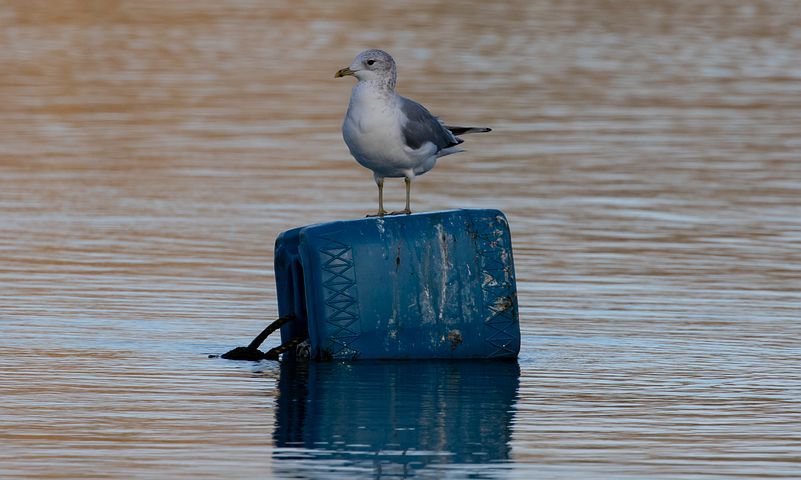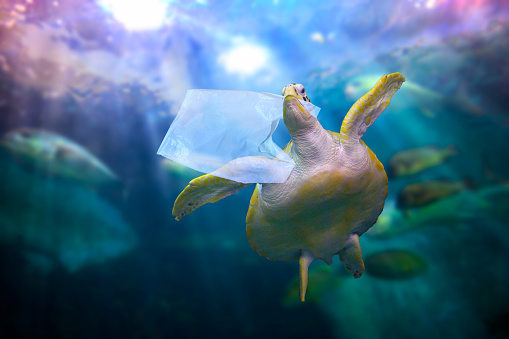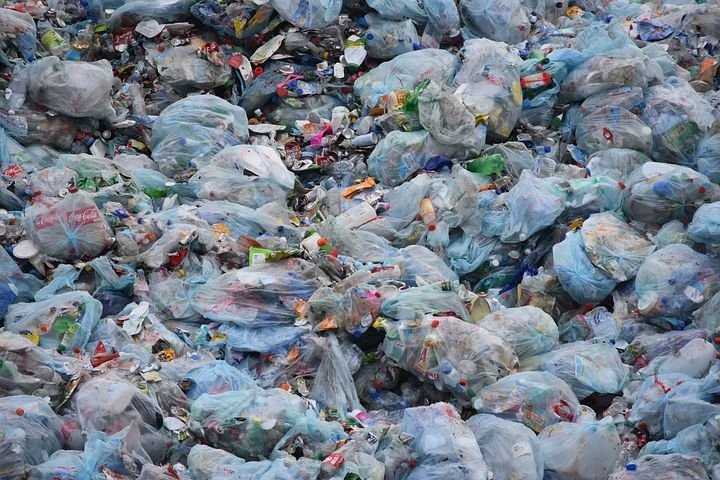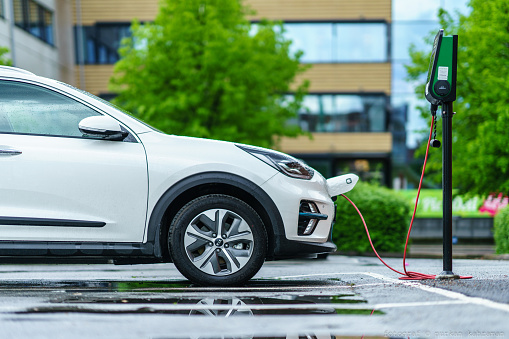


The Government has asked retailers for their opinions on how to implement the decision to ban single-use plastic bags in Jersey. Great, right?
At first sight this looks like an environmentally friendly strategy that will help us achieve our goal of carbon neutrality by 2030.
Now, when I first read that I had a horrible vision of CCTV cameras with terminator-like vision, picking out the people that were only using their shopping bags once, and groups of honorary police officers swarming the supermarket like some low budget reproduction of NCIS Los Angeles waiting to fine you.
This is not the case.
Because, you see, when you ask what exactly constitutes a single-use plastic bag, it is not a bag that is used only once as the name may suggest. According to the proposal, it is a plastic bag, with or without a handle, provided to the consumer upon purchase of the goods or products, and between 15 and 50 microns thick (0.015-0.05 millimetres). That’s all.

Pictured: Plastic bags can take over 100 years to fully break down
A bag for life, also, is not a bag that lasts you your entire life. It’s a thicker plastic bag (50 microns or above) that means the consumer is perfectly entitled to just use it once, and then never again. But, don’t get me wrong, people do use bags for life more than once: a Greenpeace survey found that the average household buys 54 bags for life per year. Clearly, the fine print states it’s a bag for a male mosquito’s life, if not a human’s.
So, really, there is nothing stopping you from using a single use bag hundreds of times, and a bag for life once.
However, when you look closer at a bag for life you’ll find that the thickness of these bags means that they can actually cause more environmental damage, because they take so much longer to decompose, and are much more difficult to tear, for example if an animal gets caught in one. They contain, on average, much more plastic than a single use plastic bag.
“Bags for life can contain more than three times as much plastic as a single-use carrier and therefore have a larger environmental footprint. They are more durable if they get into the natural environment – causing additional harm to wildlife and ecosystems. The fact these aren’t being used ‘for life’, as the name suggests, is therefore a huge concern,” explains EIA ocean campaigner Juliet Phillips.

Pictured: Plastic 'Bags for Life' pose a "huge concern" says Juliet Phillips
The proposal is also very careful to state that recycled plastic bags "don’t have a viable market", and that the Government's own recycling centres don’t have anywhere to do it.
So, which is more environmentally friendly, a single-use plastic bag or a bag for life?
Maybe they should be working on the targets they need to achieve in order to reach carbon neutrality by 2030, as found by the Oxera report, quietly published this April.

Pictured: Islanders will need to purchase electric cars to reach the government's plan for carbon neutrality.
These are as follows.
Did you see environmental lip service and procrastination on there? Funny, neither did I.
Okay, maybe that was a bit mean, the whole point of this is to set the stage for real change to take place over the next few years.
The issue is, we don’t have that long at all. Plastic is a very real and very immediate problem, especially for people who live on an island and are therefore surrounded by the sea. Surely we should be making meaningful change now, not in five years or ten years. I, for one, am tired of promises that change will come with time.
We need change now.
Jersey bags single-use carrier ban